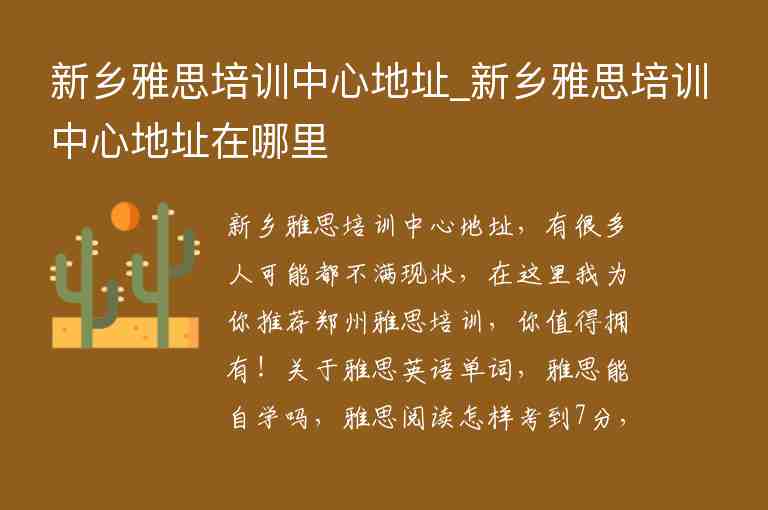戏曲是一种传统的古典艺术形式,通过表演、音乐、舞蹈和唱词等多种艺术手段,来讲述故事和传递思想。它是文化中独具特色的表现形式,也是人民生活中不可或缺的重要组成部分。
How to pronounce: xì qǔ
Usage:
戏曲通常由专业演员在舞台上表演,观众可以通过观看来欣赏其精彩的表演。它不仅仅是一种娱乐形式,更是一种文化传承和交流的载体。
Example sentences:
1. 我们今天晚上去看京剧吧,京剧是最有名的戏曲之一。
Let's go watch Peking Opera tonight, it is one of the most famous Chinese traditional operas.
2. 我们学校将举办一场戏曲表演比赛,欢迎大家参加。
Our school will hold a competition for traditional opera performances, everyone is welcome to participate.
3. 这部电影采用了戏曲元素,为观众呈现了一场视听盛宴。
This movie incorporates elements of traditional opera and presents a visual and audio feast for the audience.
4. 戏曲经常被称为“活着的文化遗产”,它了传统文化的精髓。
Chinese traditional opera is often referred to as the "living cultural heritage", as it represents the essence of Chinese culture.
5. 戏曲艺术是一门需要长期学习和不断精进的艺术,它融合了多种技能和表现形式。
Traditional opera is an art that requires long-term learning and continuous improvement, as it combines various skills and forms of expression.
Synonyms and usage:
戏剧 (xì jù) - drama, theatrical performance
歌剧 (gē jù) - opera
曲艺 (qǔ yì) - Chinese traditional storytelling and performing arts
京剧 (jīng jù) - Peking Opera
评剧 (píng jù) - Pingju Opera
Editor's summary:
戏曲是传统的古典艺术形式,通过表演、音乐、舞蹈和唱词等多种艺术手段来讲述故事和传递思想。它是文化中独具特色的表现形式,也是人民生活中不可或缺的重要组成部分。戏曲在有着悠久的历史,并且一直在不断发展和演变。它不仅仅是一种娱乐形式,更是一种文化传承和交流的载体。通过欣赏戏曲,我们可以更深入地了解文化和传统。
